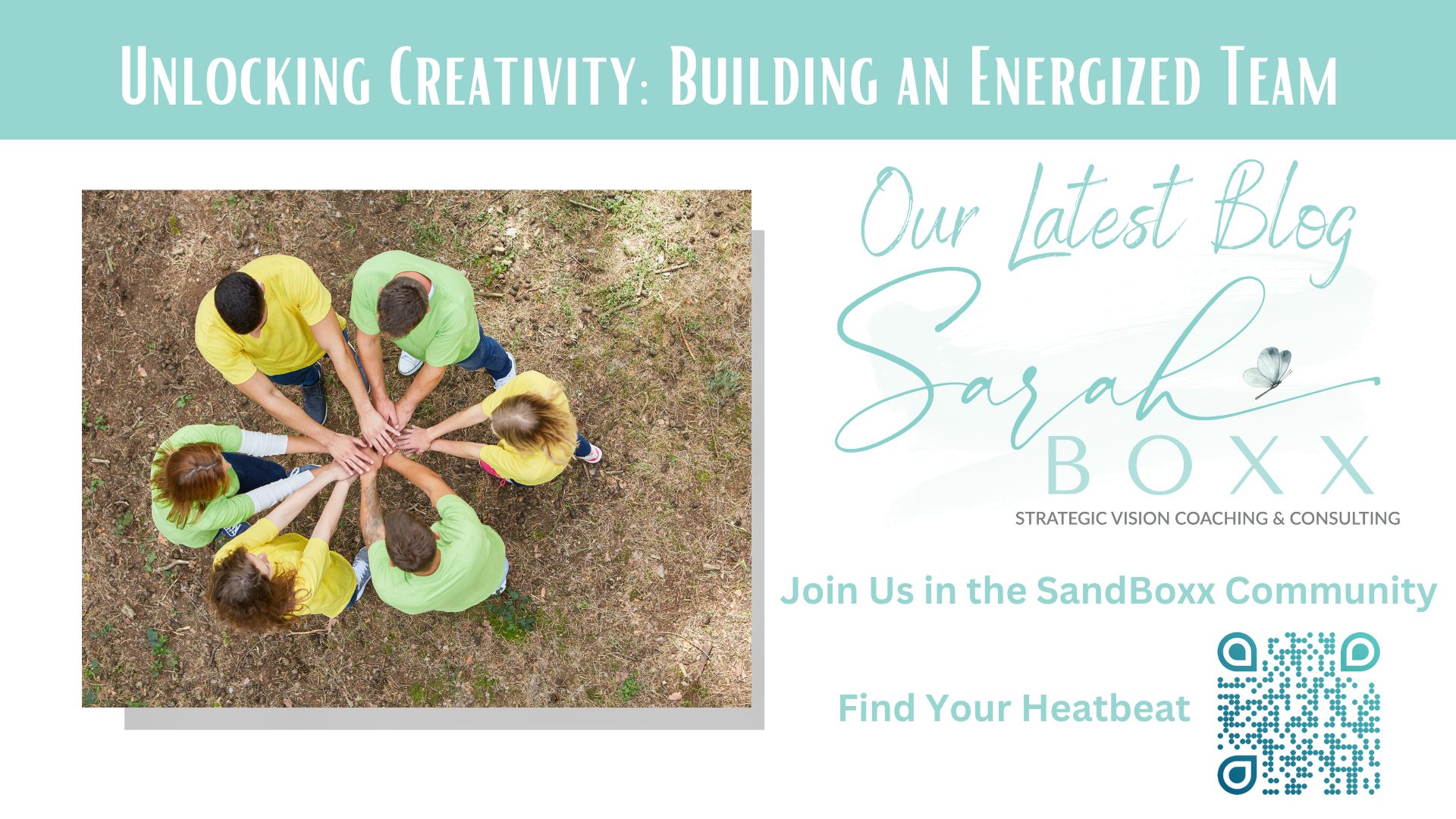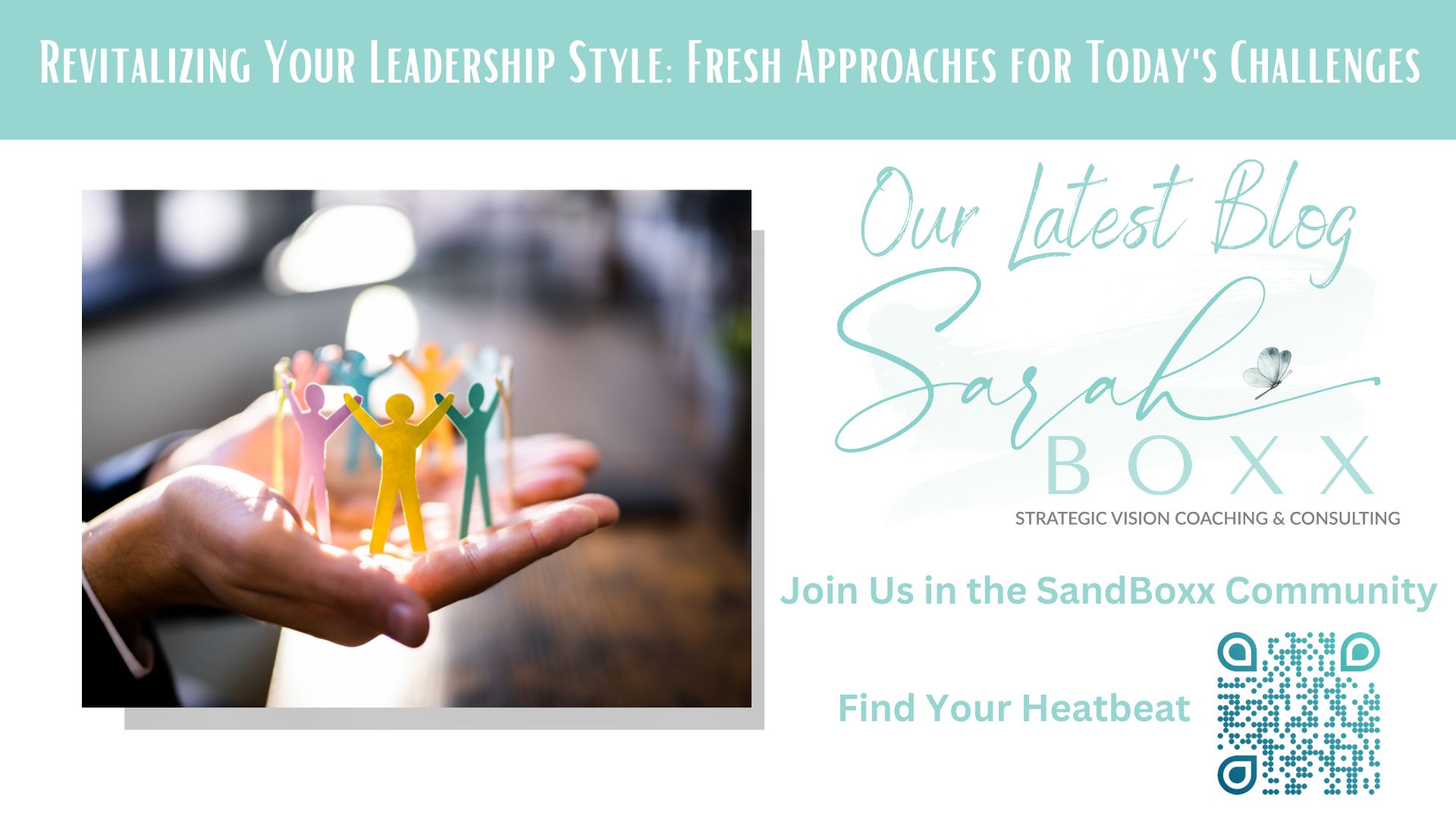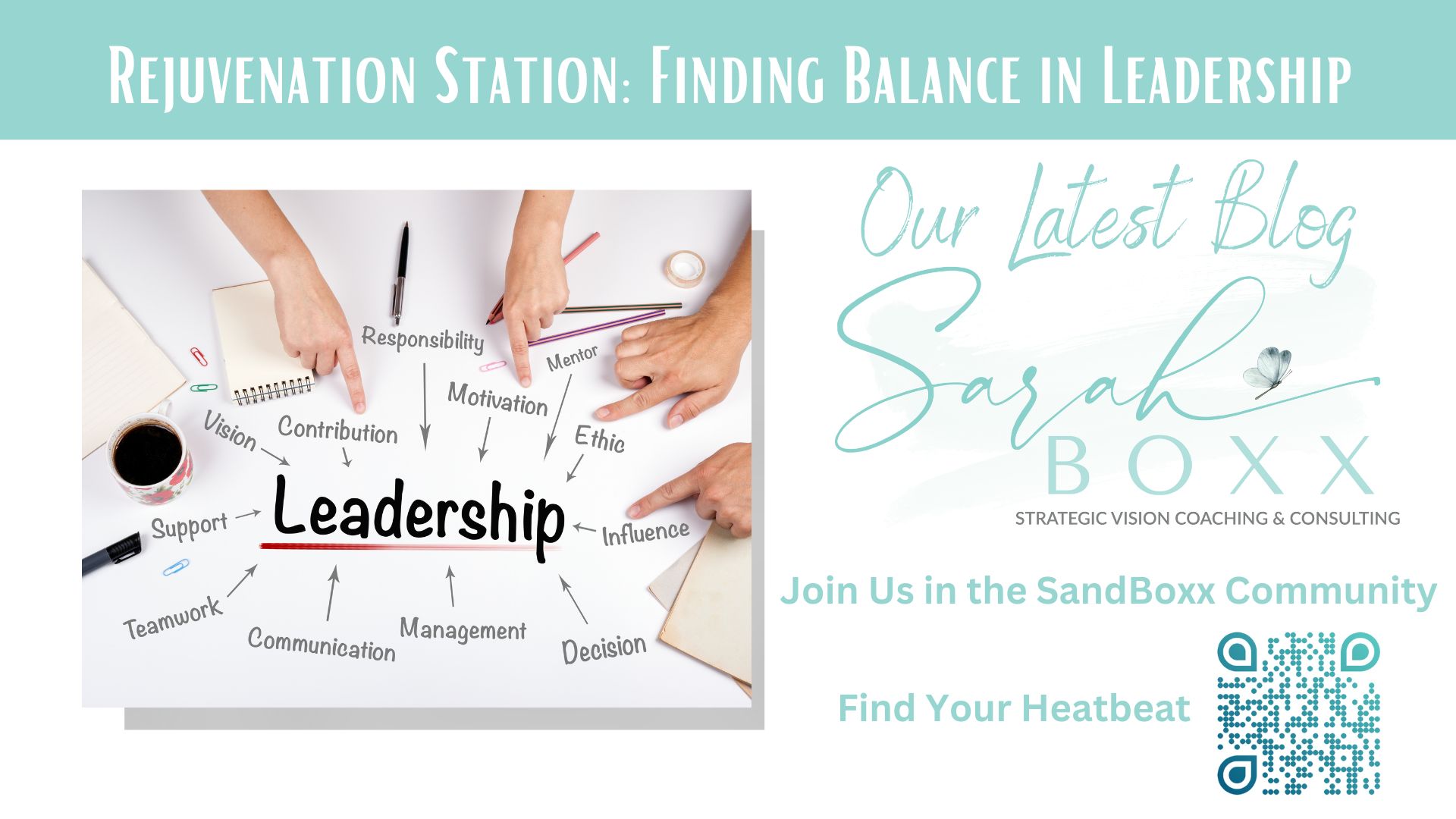Meetings are a necessary part of growing and maintaining a business. They are used for making important decisions, troubleshooting issues as they arise, providing accountability for team members and more.
Although an incredibly helpful process for any collaborative group, not all meetings are created equal. We’ve all been to those long afternoon meetings that could have easily been replaced with an email. There is nothing more frustrating than sitting through a pointless meeting when you could have been making real progress on your goals and objectives.
Unstructured meetings lacking a clear focus or agenda are annoying for participants and they are a waste of company time and resources.
According to a recent study conducted by the online scheduling service, Doodle, 68% of professionals are losing valuable working time attending pointless and inefficient meetings. Not only does this create ineffectiveness in the workplace, it creates a culture of apathy and frustration amongst coworkers.
The study goes on to point out that these poorly organized meetings are costing businesses in the United States $399 billion dollars per year, a significant amount of money that could be better spent on goal oriented project development.
Creating a purposeful, results-oriented agenda is essential in order to ensure the success and effectiveness of your meeting.
Tips For Creating An Effective Meeting Agenda
- Identify Your Overall Goal
I can’t stress it enough…you have to know your “WHY”. Why are you holding a meeting? What is the overall goal you hope to achieve? Why is it important for these individuals to take time from their busy schedules to meet, rather than sending information via email?
Before you can create a detailed agenda, you need to get clear on the overall goal and objectives of your meeting. This allows all participants to be on the same page, know their contributions and make the most of everyone’s time.
- Identify Achievable Objectives For Each Agenda Item
If it isn’t meaningful, it’s a waste of time. Before your meeting, go through your agenda with a fine tooth comb. For each item on the agenda, ask yourself, “What will we achieve by discussing this agenda point?”
Perhaps you are hoping to come away with a list of project ideas after a brainstorming session. Or maybe your goal is for each team member to have a clear understanding of the upcoming month’s calendar. If you are going to include a topic on your agenda, make sure it has a clear objective that aligns with your overall meeting goals. Ask yourself if a meeting is the best way to achieve each agenda item’s result. If the answer is no, take it off the agenda.
- Organize Your Agenda
Stay focused and organize your agenda items in order of importance. Start with the topics that absolutely must be discussed to ensure that you don’t run out of time for the most important discussions and decisions.
Make the best use of everyone’s time, by setting a time frame for each agenda item before the meeting begins. Estimate how long you think it will take to cover each topic (5 minutes, 10 minutes etc.) and set a timer during the meeting to keep you on track. If you have extra time in the end, you can circle back and discuss certain points in more depth.
- Give Participants the Opportunity To Prepare
Have you ever sat in a meeting that felt more like an old school lecture than a collaborative discussion? It’s difficult to have a truly productive meeting if the only person talking is the facilitator.
In order to encourage participants to ask and respond to questions and offer their own valuable insights, it’s important to provide ways for each member to prepare for the meeting ahead of time. Consider email discussion questions or a copy of the agenda a few days in advance. This gives each person time to reflect and come prepared with thoughts to share.
When it comes to planning an effective meeting, “winging it” just isn’t an option. You’ve got to take time to set your objectives, outline your agenda topics, and frontload your participants with the information you’ll be covering. For ideas on how to better prepare yourself and your participants for your next meeting, check out this checklist outlining important information participants need before each meeting.




